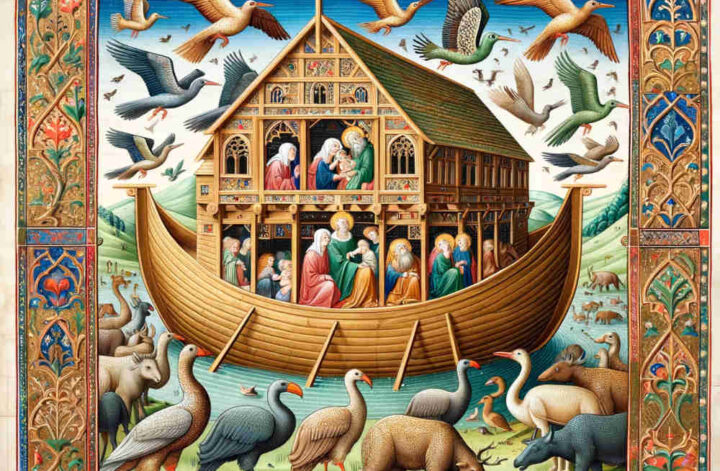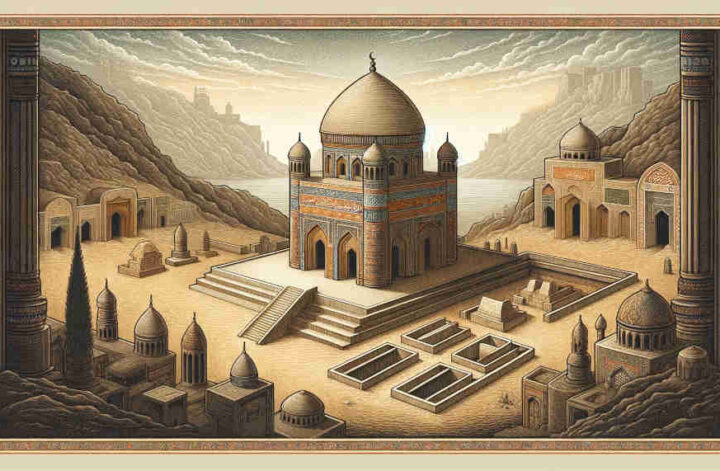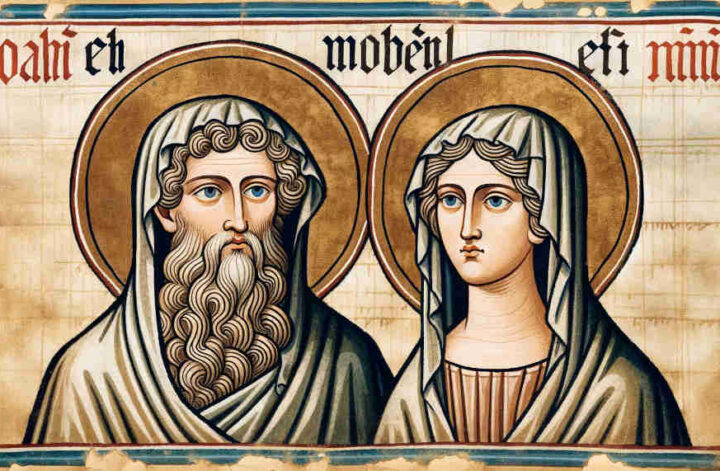Dear Kevin,Your question delves into the fascinating genealogies presented in the Torah, specifically the lineage of Abraham, a foundational figure in Judaism. Let’s trace Abraham’s ancestry back to Noah’s sons.
Abraham’s Descent from Noah:
Abraham, known as Avraham in Hebrew, is descended from Noah through his son Shem. This lineage is documented in the Book of Genesis, which provides a detailed genealogy connecting Noah to Abraham.
Genealogical Line in the Torah:
In Genesis 11:10-26, the Torah outlines the genealogy starting from Shem and leading to Abraham. Here is a brief overview of this lineage:
- Noah fathered three sons: Shem, Ham, and Japheth (Genesis 6:10).
- From Shem, the line continues through his descendants: Arpachshad, Shelah, Eber, Peleg, Reu, Serug, Nahor, and Terah (Genesis 11:10-26).
- Terah, who lived in Ur of the Chaldeans, fathered three sons: Abram (later known as Abraham), Nahor, and Haran (Genesis 11:26-27).
Significance of Shem’s Lineage:
The descent from Shem is significant in Jewish thought. Shem is traditionally associated with the Semitic peoples, and his line is often seen as carrying a legacy of monotheism and righteousness. The connection between Abraham and Shem underscores the continuity of faith and the covenantal relationship with God that defines Jewish heritage.
Abraham’s Role in Jewish History:
Abraham is a central figure in Judaism, recognized as the patriarch of the Jewish people and the progenitor of the monotheistic tradition. His descent from Shem and his journey, as described in Genesis, mark the beginning of the Jewish narrative and the establishment of the covenant between God and the Jewish people.
Kevin, tracing Abraham’s lineage back to Noah and Shem provides a deeper understanding of the historical and spiritual connections that shape Jewish identity and the broader narrative of the Torah.
Warm regards,
Rabbi Joshua


